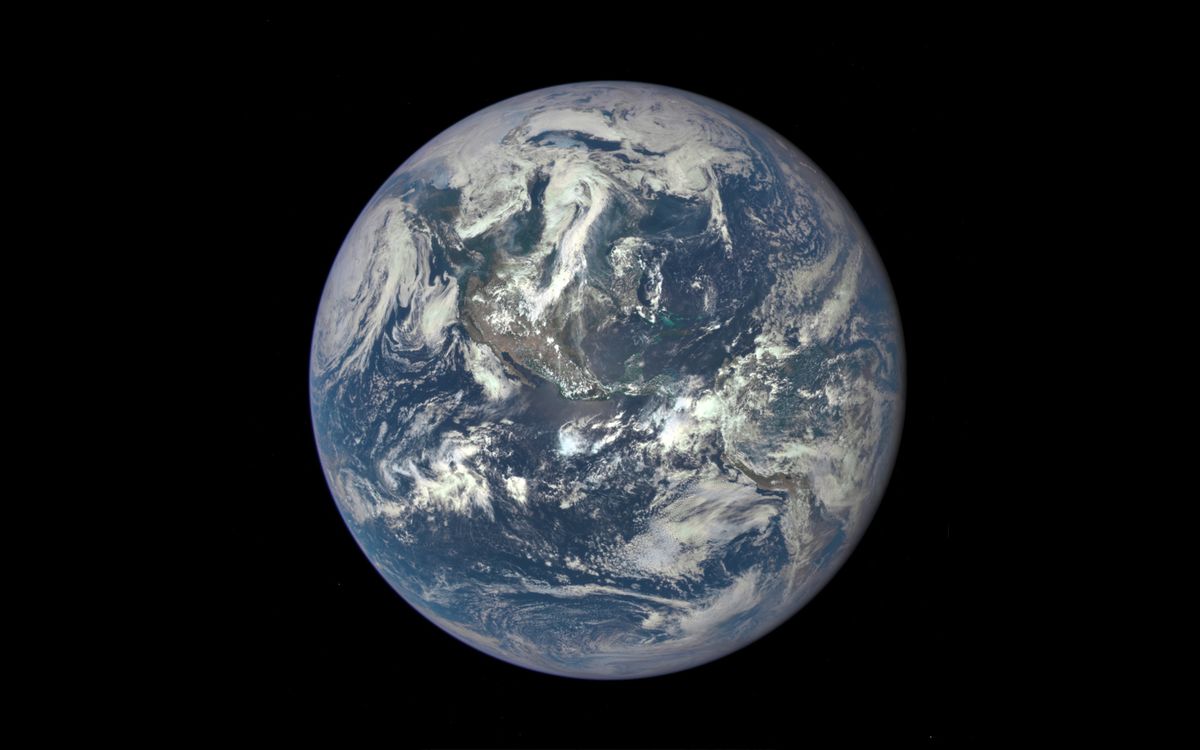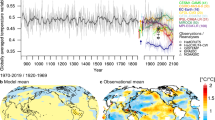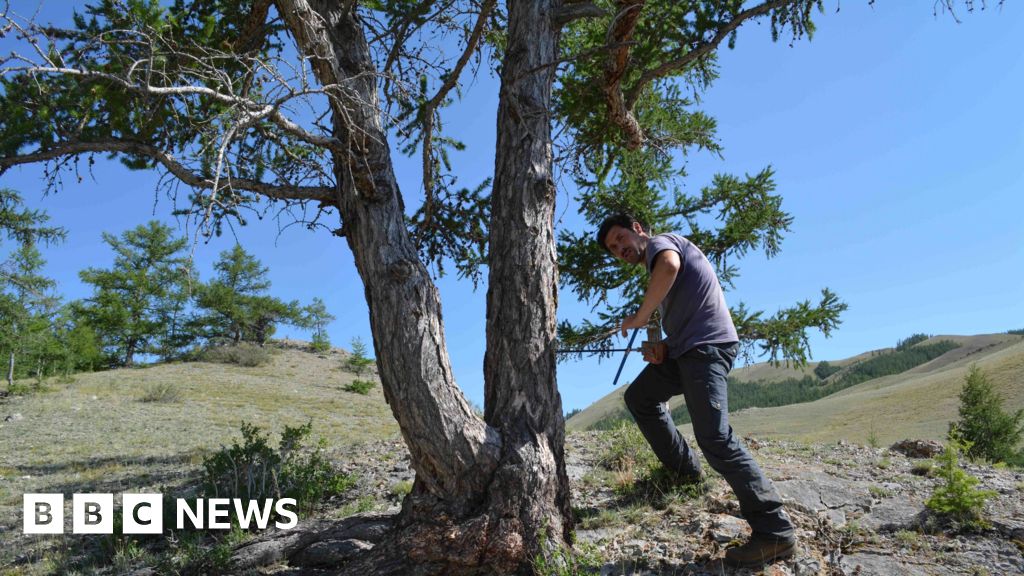A study published in Nature unveils the truth, the summer 2023 stands as the hottest in 2,000 years. Through analysis of tree ring data, scientists have also unveiled a truth that summer 2023 heatwave surpassed all recorded extremes.

Also Read: Mumbai Billboard Collapse: 14 Dead and Over 70 Injured
The findings crafted by researchers from the University of Cambridge, under the leadership of Professor Ulf Büntgen, provide a glimpse into march of climate change.
By analyzing tree rings spanning millennia, scientists reconstructed a historical narrative of temperature fluctuations, revealing the truth behind meteorological anomalies.
According to the study, summer 2023 surpassed all previous records, dating back to 1850 when modern temperature measurements commenced.
The research, which is focused on landmasses between the 30th parallel north and the North Pole, unearthed a reality, last summer’s temperatures soared to heights, exceeding even the warmest summer prior to instrumental records by a huge margin.
The year 246, once considered the historical warmth, pales in comparison to the heat experienced in summer 2023, with temperatures surpassing it by over half a degree Celsius.
The correlation between El Niño events and periods of heightened warmth shows the intricate dance between natural phenomena and human-induced climate change.
While El Niño has long been recognized as a natural climate phenomenon, its synergy with anthropogenic warming amplifies its effects.
In recent weeks, countries across Asia has been engulfed by heatwaves, with Myanmar recording its hottest-ever April temperature of 48.2°C.
Despite the lofty aspirations outlined in the 2015 Paris Agreement, which aimed to limit temperature rises to 1.5°C above pre-industrial levels. The study declares that this target has already been breached in the Northern Hemisphere.
The study’s findings serve as a clarion call for efforts to curb greenhouse gas emissions and transition towards a sustainable future.
As Professor Büntgen declares, “2023 was an exceptionally hot year, and this trend will continue unless we dramatically reduce greenhouse gas emissions.”
Researchers from Johannes Gutenberg University in Mainz, Germany, leveraging tree ring data to peer into the past. Their findings is published in May 2024.
Also Read: Indonesia: Flash Floods and Cold Lava Kills 41
The average temperature from June through August 2023 soared to 2.20 degrees Celsius above the baseline established between the years 1 and 1890.
Even compared to the period between 1850 and 1900, often regarded as the preindustrial benchmark, last summer blazed 2.07 degrees Celsius hotter.
Tree rings hold insights into past environmental conditions. Each ring carries within it the story of changing climates.
By studying these rings across the Northern Hemisphere, scientists pieced together a narrative spanning centuries.
Their analysis encompassed over 10,000 trees across nine regions, offering a panoramic view of historical climate trends.
The picture that emerges is one of unprecedented warmth, eclipsing even the zenith of the Roman Empire.
While the specter of greenhouse gas emissions looms large over our warming planet, last year’s heatwave was not solely a product of human activity.
El Niño and volcanic eruptions injected additional complexity into the equation. The eruption of Hunga Tonga, though underwater, unleashed a deluge of water vapor into the atmosphere.
Sulfur dioxide aerosols emitted by volcanic eruptions on land, historically tempered Earth’s temperatures.
The sweltering summer 2023 unleashed a cascade of catastrophes from wildfires ravaging Canada to heat domes suffocating Mexico and the United States. Japan endured its hottest summer on record.
Also Read: Canada Wildfire: Thousands to Evacuate as Smoke Causes Danger to Air Quality






















